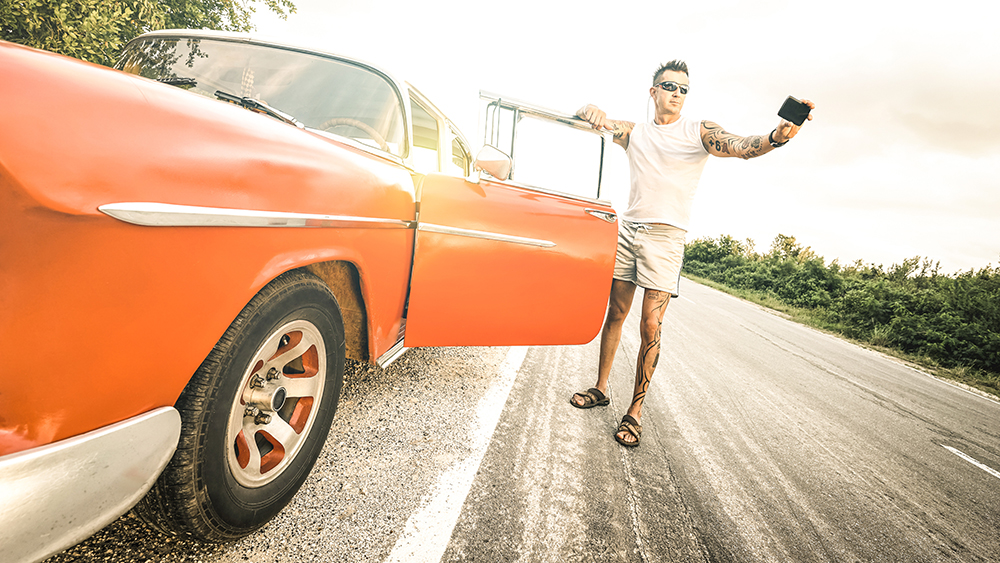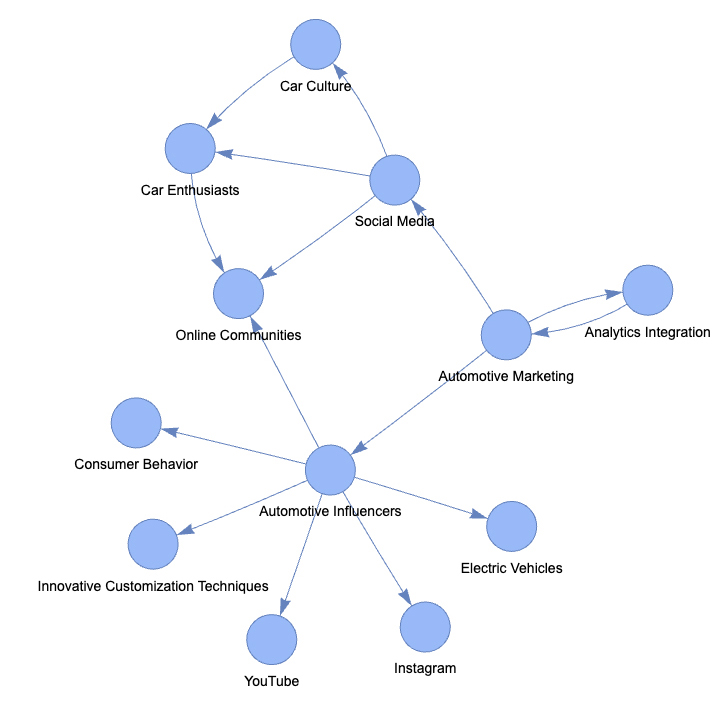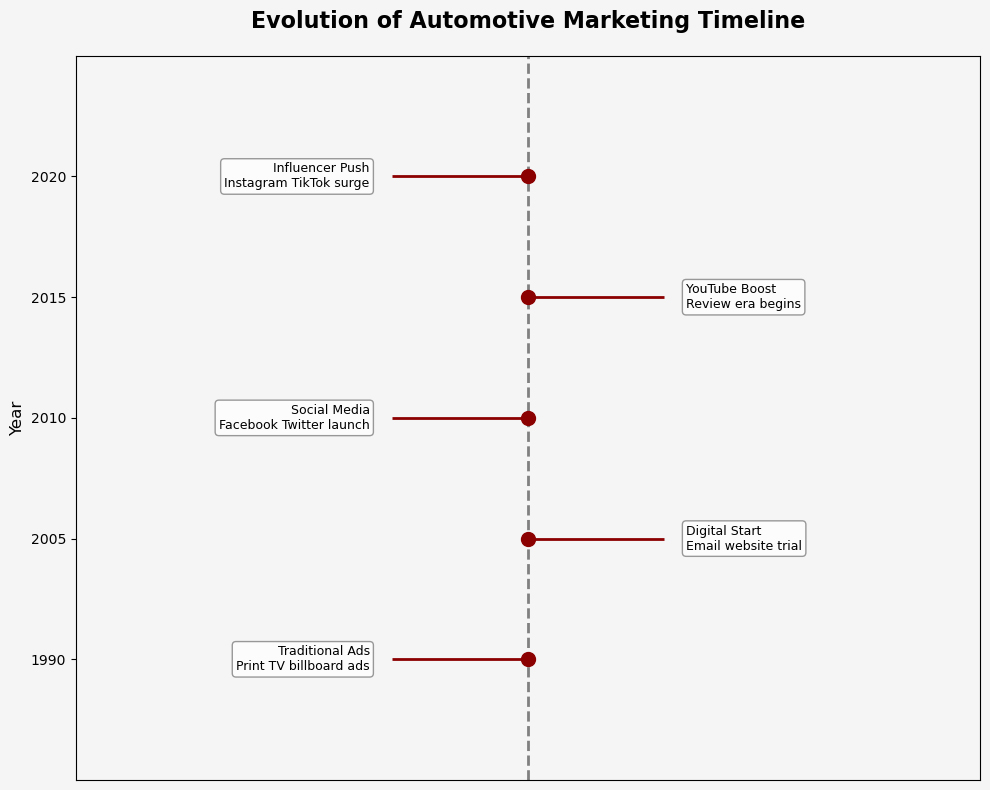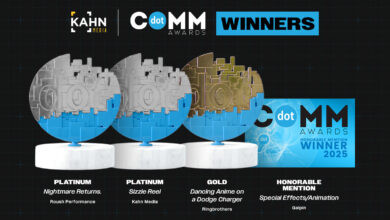Social Media’s Influence Can Both Help & Hurt Car Culture
Social media feeds could quietly be sabotaging car culture...

Article provided by International Drivers Association
In the digital era, car culture has experienced a significant transformation largely due to the pervasive influence of social media. These platforms have redefined how enthusiasts connect and how trends are developed and disseminated globally. The impact is profound, forming an interconnected community that crosses geographical boundaries and unites car lovers from diverse backgrounds.
Central to this shift is the rise of automotive influencers who significantly shape trends, vehicle choices and community dynamics. These individuals, often car enthusiasts or professionals, use platforms like Instagram and YouTube to engage wide audiences, promoting industry trends from electric vehicles to innovative customization techniques. Influencers play a crucial role beyond trendsetting; they foster community engagement, enhance brand visibility, and influence consumer behavior through relatable content.
Social media democratizes car culture by providing enthusiasts a platform to share their passion, exchange ideas and showcase their vehicles. This has led to vibrant online communities where ideas flourish and trends take root. Whether discussing the latest automotive technology or showcasing classic cars, social media has enabled a diverse range of content that resonates globally with car enthusiasts.
Furthermore, social media significantly influences automotive marketing by playing a critical role in consumer engagement and strategy development. Analytics integration allows brands to gain insights into consumer preferences and refine strategies for real-time improvements. Collaborating with influencers amplifies reach and credibility, making social media indispensable in navigating the fast-paced automotive market.

The Commercialization & Monetization of Car Culture
The digital age has heralded a new era for car culture, heavily influenced by commercialization and monetization strategies on social media platforms. This transformation is driven by a shift from traditional marketing to digital platforms, leveraging social media’s immense reach to capture the attention of automotive enthusiasts worldwide.
Rise of Influencer Marketing
Social media influencers have become key players in reshaping how automotive brands connect with consumers. Transitioning from traditional methods like print and TV ads to influencer-centric strategies reflects the evolving advertising landscape. Influencers provide automotive brands unparalleled opportunities to reach new audiences and drive engagement.

Leveraging Authenticity
The construction of authenticity by influencers is crucial to their effectiveness as marketing tools. Attributes like sincerity, trustworthiness and originality foster a genuine connection with the audience. This authenticity translates into increased brand awareness, as influencers promote automotive products and experiences in a relatable manner.
Strategic Collaborations
Collaboration between automotive brands and influencers requires strategic planning for alignment with audience expectations and brand objectives. Influencer selection and audience targeting are critical components of successful campaigns. Developing comprehensive content strategies and fostering partnerships—whether long-term or campaign-based—maximize marketing impact.
Commercialization’s Double-Edged Sword
While commercialization of car culture through social media democratizes access and facilitates global connections, it raises concerns about authenticity and grassroots culture preservation. As brands focus on monetization, there’s a risk that car culture’s core values may be overshadowed by commercial interests.
Psychological & Social Effects
Social media has transformed how car enthusiasts connect, offering both positive and negative psychological and social effects. While platforms bring enthusiasts closer, enabling global sharing of experiences and knowledge, they also present challenges affecting perceptions and interactions with car culture.
Fostering Community
Social media builds a sense of community among car enthusiasts, enabling individuals from diverse backgrounds to connect over shared interests. This connectivity fosters belonging, as enthusiasts engage in discussions, share projects and collaborate on events, overcoming geographical barriers.
Influence of Trends
However, influencers and trends can challenge authenticity, often shaping consumer behavior and preferences. This sway may prioritize aesthetics over safety, encouraging risky modifications and behaviors that detract from genuine car appreciation.
Emotional Impact
Social media’s emotional impact is significant, as influencers evoke emotional responses that influence followers’ attitudes and decisions. This can inspire engagement but also lead to unrealistic expectations and dissatisfaction if individuals compare themselves to curated lifestyles.
Risky Behaviors
Exposure to social media content can affect adherence to road rules, with depictions of risky activities posing threats to enthusiasts and the broader community. Understanding and mitigating these effects is crucial to preserving car culture’s integrity and safety.
Addressing Negative Impacts
To address potential negative impacts as social media weaves into car culture, balancing positive aspects of connectivity with risk mitigation is essential. Social media’s role in promoting trends not aligned with safe practices highlights the need for ongoing education to ensure it serves as a tool for positive change.
Safety Concerns
Social media can exacerbate unsafe driving behaviors, with distracted driving fueled by social media interactions posing road safety risks. Awareness campaigns are essential to encourage prioritizing safe driving practices over online presence. Josh Gordon, a technology infrastructure expert at the International Drivers Association, observes: “Social media can be a tool for education, emphasizing the importance of international driving permits and informed driving habits to enhance safety on the road.”

Authenticity Challenges
Automotive influencers face challenges maintaining authenticity amidst digital noise. Navigating sponsorships and content creation pressures can question endorsement objectivity, underscoring the need for transparency to uphold car culture integrity.
Navigating Consumer Attitudes
Social media influences consumer attitudes, impacting product sales and brand reputations in the automotive sector. Influencers shape perceptions through emotional connections, necessitating vigilance to ensure messaging remains aligned with core values.
Through a balanced approach, celebrating social connectivity while mitigating risks, car culture’s true spirit can thrive in the digital age.



